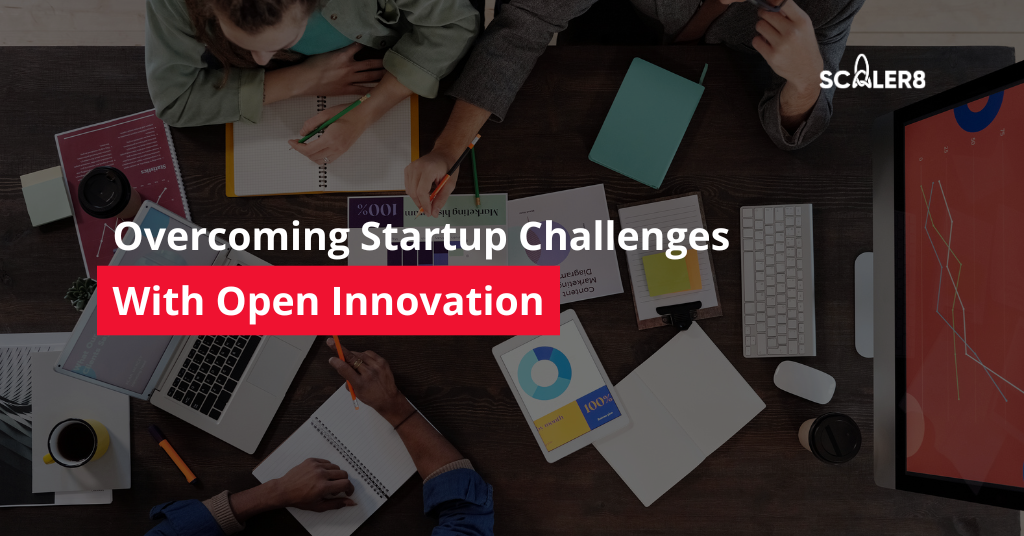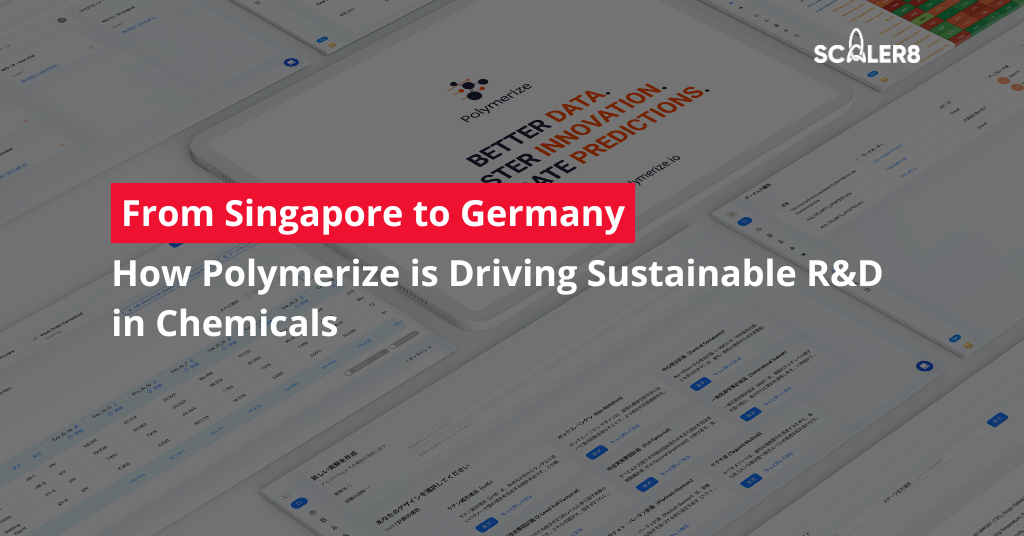The German startup scene is thriving, with Berlin alone boasting over 20,000 startups across Healthtech, Climate tech, Fintech, and many other sectors. Beyond the established giants of manufacturing and automotive, a vibrant ecosystem of emerging industries is flourishing, driven by innovation, ambition, and a conducive policy landscape. Let’s delve into the five sectors poised to shape Germany’s future:
1. GreenTech: Championing Sustainability
Fueled by its ambitious Energiewende1 plan, the GreenTech sector is bringing about a revolution in Germany. The roadmap to carbon neutrality by 2045 prioritizes renewable energy solutions while avoiding nuclear dependency. Sectors in focus include the decarbonization of industries and buildings, as well as the circular economy. The government actively champions this shift, exemplified by the Renewable Energy Act and its generous incentives. Just last year, renewables proudly claimed almost 52%2 of Germany’s gross electricity consumption, a testament to the plan’s success.
Aspiring GreenTech startups can rest assured knowing they’ll be nurtured by a supportive ecosystem. Initiatives like the High Tech Gründerfonds3 focus on investing in high-potential sustainable startups – all applicants go through a screening process for the company’s ESG practices as well as their contribution to the UN Sustainable Development Goals, as part of the criteria.
2. MedTech: Revolutionizing Healthcare
MedTech continues to be one of the top industries driving Germany’s economy, being the biggest market in Europe and the 3rd largest worldwide4. Due to the government’s “Digitale-Versorgung-Gesetz”, also known as the Digital Healthcare Act which promotes the use of telemedicine and digital health applications by making them reimbursable by public health insurance, there has been a rise in the adoption of digital health solutions.
MedTech startups like Scaler8’s alumni, Holmusk, TeleMedC, and more, have been leveraging the vibrant and supportive ecosystem in Germany.
3. Industry 4.0: Embracing the Future of Manufacturing
Germany, the carbon manufacturing powerhouse of Europe, has been leading the charge in the Industry 4.0 revolution. This digital transformation of the industrial sector, driven by the use of digital technologies such as the Internet of Things (IoT) and Artificial Intelligence (AI), enables manufacturers to automate processes, improve efficiency, and more. This entails exciting opportunities for startups.
The government’s Industrie 4.0 strategy provides grants for research & development, infrastructure support, and regulatory clarity, while initiatives like the Mittelstand 4.0-Kompetenzzentren5 offer practical guidance for SMEs embracing and contributing to the great digital shift.
4. FinTech: Redefining Financial Services
Germany’s Fintech scene is one of the most dynamic and rapidly growing in Europe, attracting significant investment and boasting innovative startups revolutionizing financial services. The market has witnessed exponential growth in recent years – total investment in German Fintech startups reached €6.4 billion in 2021, making it the second-largest market in Europe after the UK.
With the Singapore Fintech Festival shining a light on rising Fintech startups from around the world, companies eyeing the European market can leverage the festival for connection and collaboration. Through strategic partnerships and cultural adaptation, international startups can leverage Germany as a gateway to Europe, propelling innovation in both countries.
5. Quantum Tech: Exploring the Frontiers of Science
Quantum tech’s transformative potential for industries sparked heated discussions at Bits & Pretzels last year, with quantum computing leading the charge. Germany, particularly Bavaria, is actively fostering innovation in this field.
In Bavaria, the Munich Quantum Valley was founded in 2021 with the ambition of making Germany a European leader in the research and application of quantum science and technologies. In the same year, the government also announced a €878 million budget6 to support the development of quantum technologies and computing. Germany’s commitment to research and development positions it as a leader in this nascent field, providing fertile ground for startups exploring quantum computing and technologies.
Ride on the Innovation Wave
Whether you’re a seasoned entrepreneur or a budding innovator, startups and SMEs planning to penetrate the European market are recommended to start on their expansion journey from Germany. With its supportive policies, cutting-edge research, and thriving startup ecosystem, Germany is fertile ground for your ideas to take root and flourish.
Looking to break into the competitive German market? Scaler8’s Market Explore and Access programs are designed to help startups and SMEs overcome the challenges of entering this dynamic landscape. You will receive customized support and mentorship from experts with years of experience in the industry to help you identify opportunities, navigate regulations, and build strategic partnerships to help you achieve your growth objectives.
Sources:
1https://www.cleanenergywire.org/easyguide
2https://www.cleanenergywire.org/news/germany-covers-52-percent-electricity-consumption-renewables-so-far-year
3https://www.htgf.de/en/about-us/esg/
4https://www.statista.com/outlook/hmo/medical-technology/medical-devices/worldwide#global-
5https://www.mittelstand-digital.de/MD/Navigation/DE/Ueber-uns/Was%20ist%20MD/was-ist-md.html
6https://www.bmwk.de/Redaktion/EN/Pressemitteilungen/2021/05/20210511-economic-affairs-ministry-provides-878-million-euro-for-quantum-technologies.html




